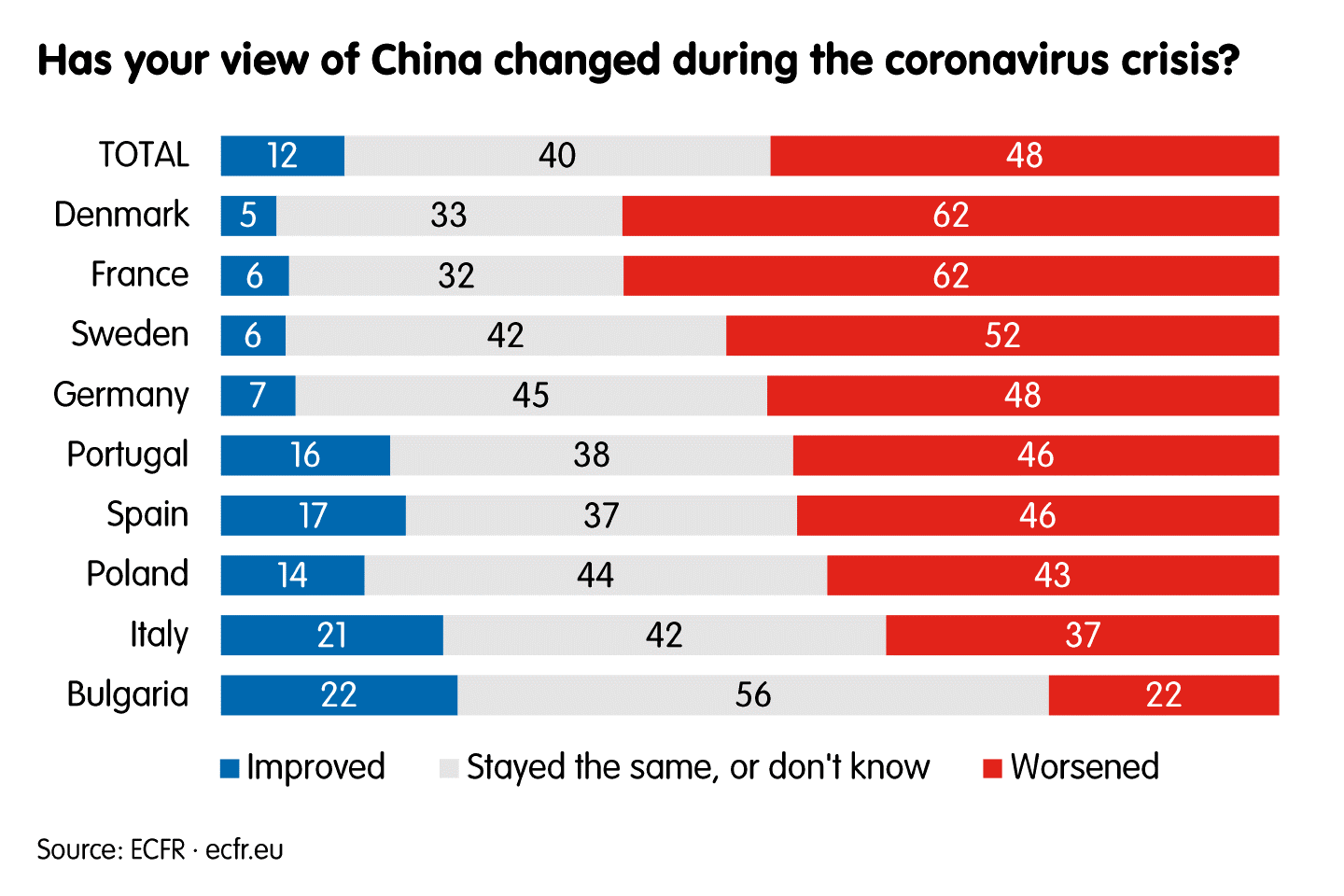

Not saying these two short plays really qualify but, by making me search for meaning, they might persist. She might not have said this though given she doesn’t say much and my memory is fallible, or do I mean malleable. Anything more not being possible given the nature of memory. I have a recollection that none other than the mighty Caryl Churchill once said that she aimed to create a few lasting impressions in the audience for her plays. Like so many of these more challenging theatrical experiences it does stay in the memory, and sometimes for longer than more straightforwardly enjoyable entertainments. Mr Nielson’s direction, as the couples seem disorientated by their situations, fumbling in near darkness towards the end, (terminal ?), was unyieldingly gnomic. This then becomes the stepping off point for a dense exploration of the impact of the beginning and end of life on the two couples. In contrast He and She (!), Robert Stocks and Temi Wilkey, are in a hospital as She is about to give birth. It transpires that Man and Woman (of course Mr Noren doesn’t dilute his art with names), Barnaby Power and Hannah Young have come to a hospital chapel of sorts to identify the body of their dead son. Two couples emerge either side of a screen centre stage courtesy of designer Laura Hopkins, imposingly lit by Nigel Edwards, and with buckets of dry ice. Terminal 3, again some 45 minutes or so, was a little more straightforward, but not by much. I guess the overriding aim is, Foucault-like, to show the inter-dependence of captive and captor, and there are some arresting lines, as it were, but it was frustratingly opaque. There is little in the way of argument or context in their exchanges which are more along the lines of a psychological arm-wrestle as each takes their own experiences and beliefs to alternately cajole and belittle the other. Temi Wilkey is M, the enemy of the state set to undergo further (?) examination/interrogation.
Windows text to speech voices mass effect sovereign full#
G, venomously played by Barnaby Power, albeit with an improbable Southern drawl, is a doctor for the regime, holed up in some makeshift hospital/prison full of symbolic Americana. Interesting, a la mode, but ultimately unnecessary in my view, and not immediately obvious from the dialogue. Director Anthony Nielsen has chosen to re-imagine the play in a near future USA post a Second Civil War where “red” secessionist states have been occupied by an authoritarian, left-leaning government. Which was both good and bad.Īct sets out to explore the “symbiotic” relationship between State and Terrorist and was originally located in West Germany in the 1970s and the incarceration of Ulrike Meinhof.

Well it certainly lived up to the billing. Cast having to work extra hard to earn their corn (which they all did, admirably). Once again I invite you to look at our Mr Noren above, This was going to be spikey, elusive, provocative, an air of brooding unease pervading the whole, in short proper European “art-theatre”. Mind you I had read enough to realise this wasn’t set to be an evening of Cooney-ish farce. As a dedicated Scandi-phile I was well up for this. The intimacy of fringe with, if you are careful, a comfortable enough perch and an atmospheric bar.

His writing is oft compared to Beckett and Pinter. Lars Noren is considered by many of those who purport to know about these things to be Sweden’s greatest living playwright. Act, Terminal 3 The Print Room, Coronet, 13th June 2018


 0 kommentar(er)
0 kommentar(er)
